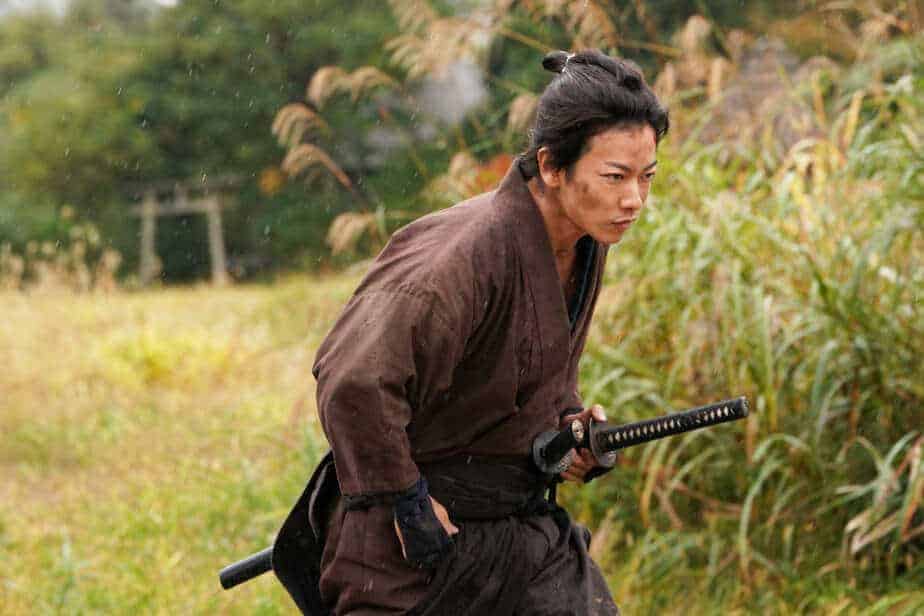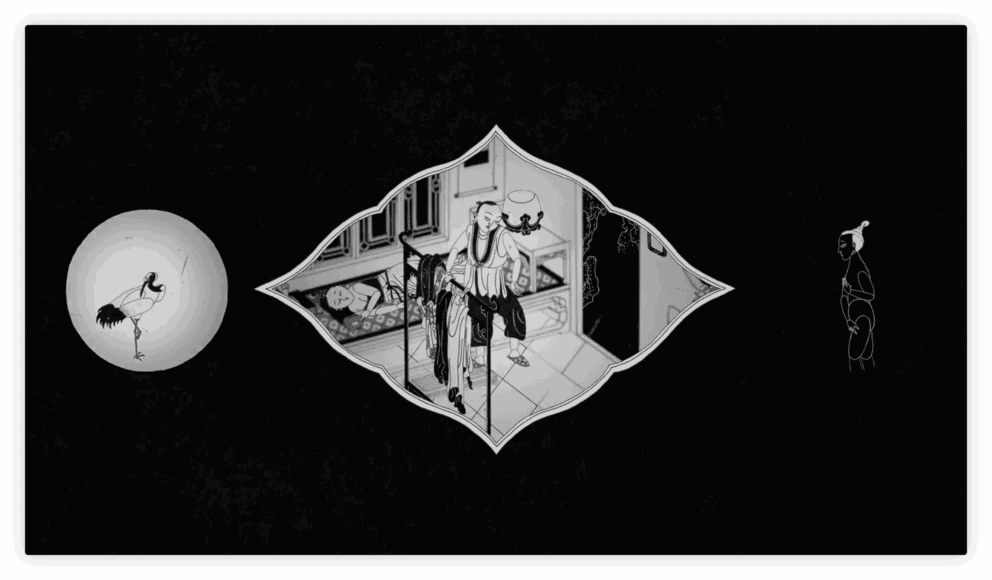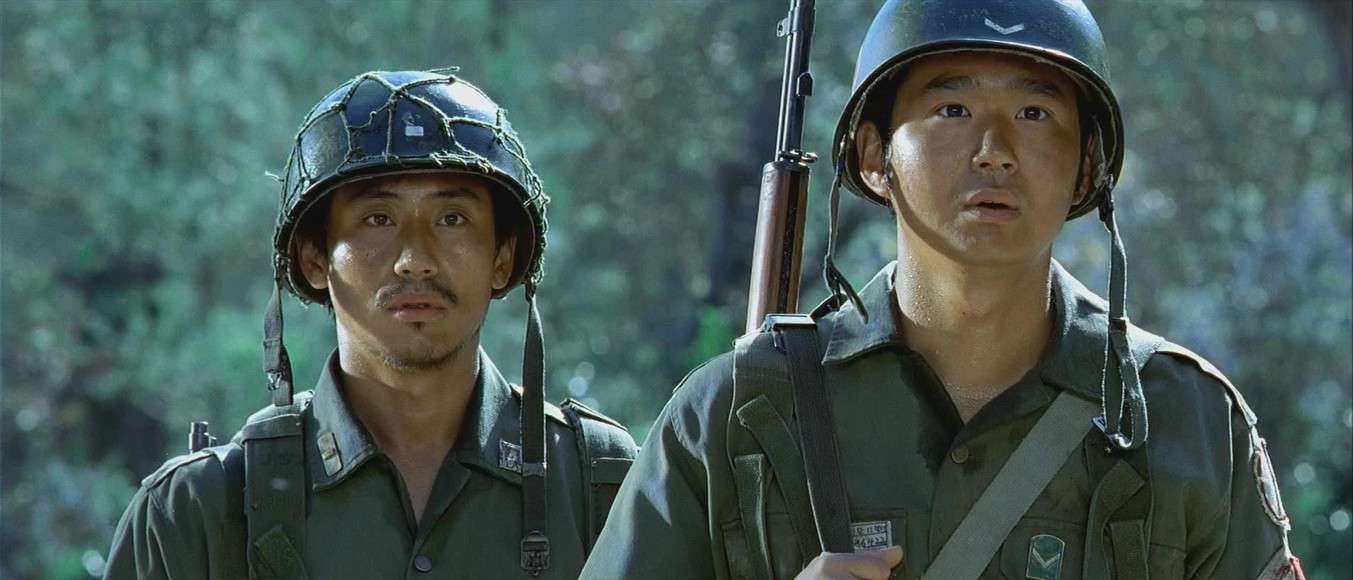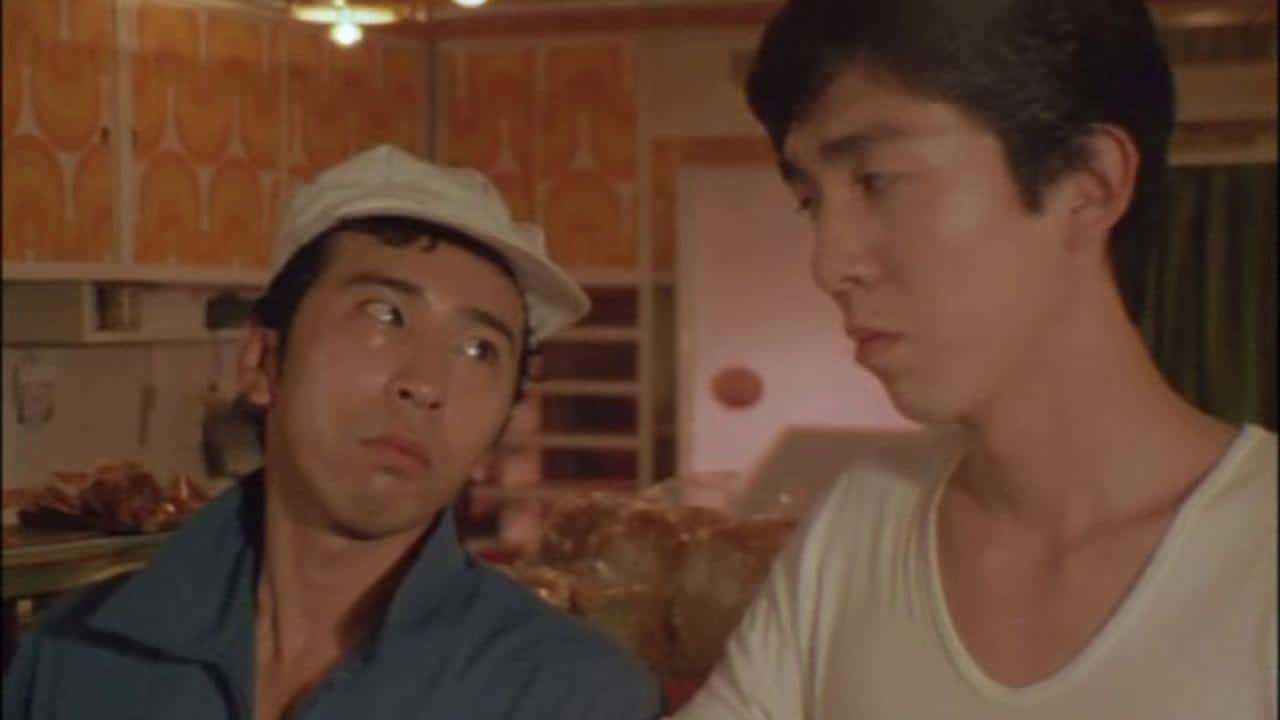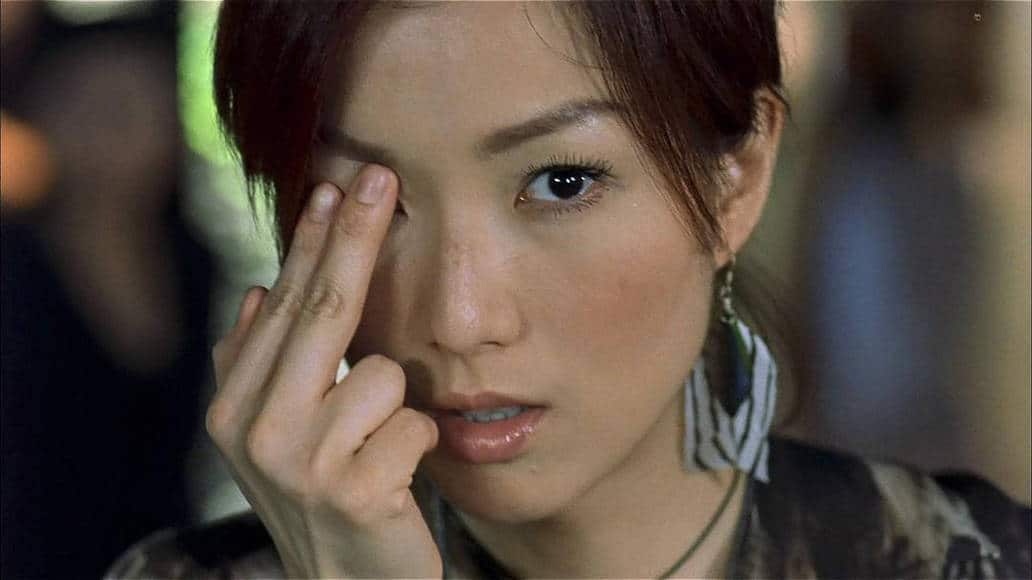Inspired by the origin of the Japanese marathon “Samurai Marathon” tells a story set at the end of the Edo period when American troops have arrived on Japanese shore. Afraid of an attack, the shogun and many of the warlords from the other prefectures try to find responses to the potential threat. In the Annaka domain, the hanshu of the region feels the need to train his samurai who have become weak, as he tells them in a speech, and therefore a marathon will not only be the first step to bring them into shape, it will also show if they are fit for battle. The winner of the run will be granted a wish.
Alerted by what he considers first a plan for rebellion against the shogunate, Jinnai Karaswa (Takeruh Sato), who has been a spy for the shogun for many years, informs his superiors about the events by asking for military support. As he realizes the true plan of the hanshu, he wants to stop his telegram from finding its way to the shogun, but he is too late and he must use the marathon as a disguise to hopefully intercept the assassins that might arrive.
“Samurai Marathon” is screening at New York Asian Film Festival

At the same time, Princess Yuki (Nana Komatsu) prepares her escape from the castle and the hands of her father. Feeling imprisoned within the castle walls and the plans for her future all made by the hanshu, she eventually finds a good moment to run away disguised as a farmer. Since she is unable to pass the gates of the domain without being caught, she also participates in the marathon which will take her beyond the gates.
As the preparations for the marathon are underway, the shogun has heard about the developments and has given an order to one of his best assassins, Hayabusa (Ryu Kohata) to stop any kind of rebellion. While Jinnai and the other samurai begin the marathon, the troops of the shogun are on their way to kill the rebels and their leader.
In general, “Samurai Marathon” is a movie about betrayal and loyalty. Even though there are only two storylines mentioned above, Rose, who also co-wrote the script, combines various different characters and their stories in this film in order to achieve a multi-layered perspective on the events. Considering we are dealing with complex political issues, rigid power structures and rivalry between clans, this approach reduces these themes by giving them a human face. Although Jinnai's story might have more screentime, each one of those narrative strands illuminates the various aspects of these themes.

While the political background may hold back the dynamics of a story, this is certainly not true for “Samurai Marathon”. In fact, from the very early moments on, as the black ships of Commodore Perry (Danny Huston) arrive at the shores of Japan, we become witness to a system doing everything to maintain its status quo. The men in high position emphasize the years of peace in Japan, the structures have become excuses for abuse of power and exploitation. Naturally, the very idea of the race may seem like a suspension of that very system since everyone is able to win, which might explain the early insistence of the samurai's leader Heikuro (Mirai Moriyama) to be the first because that is better for all of them (or at least that is what he tells his men).
Apart from the performances of his cast, most importantly Nana Komatsu and Takeruh Sato, one of the great positives of the film is the visualization of the marathon itself. Using parallel montages of the approaching assassins, Rose and cinematographer Takuro Ishikaza highlight the dynamics and dramatic value of the situation without relying on steadicams. Instead “Samurai Marathon” shows the beauty of the Japanese landscape, a setting which is quickly changing into a battlefield once the assassins have arrived. Additionally, the score conducted by Philip Glass underlines the sense of urgency of these scenes, while also emphasizing the idea of a country at the brink of change.
In the end, “Samurai Marathon” is an enjoyable period piece uniting various storylines into one tale about betrayal and loyalty. With a great cast and an eye for the wonderful landscape of Japan, this is a very interesting drama about a time of change in Japan, a much needed one on the one hand, but also aware of a certain loss on the other hand.


